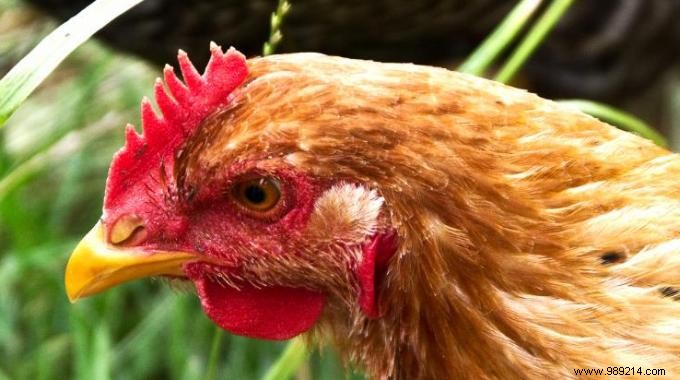
In-house production is an increasingly frequent response to the crisis.
This is why many families are turning to a solution almost as old as the world:adopting a laying hen.
This one, in addition to its eggs , has the advantage of being able to be fed in an ecological-economic way with plant waste.
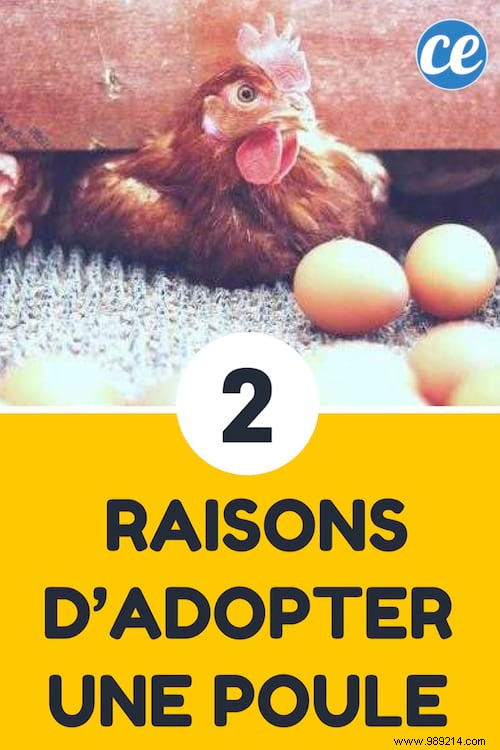
By adopting a laying hen, you will not only save on your food shopping , but also lighten the note of waste treatment in your municipality! Provided, of course, that no municipal decree prohibits such a type of breeding.
A hen normally lays 200 eggs per year . Contrary to popular belief, there is no need to buy a rooster, a laying hen will do the trick! In general, a hen lives about 4 years and begins to lay regularly around 2 years. This way you can get quality fresh eggs.
When you know that a box of 6 free-range eggs costs around €2 to €3, the savings are no less! But it doesn't stop there.
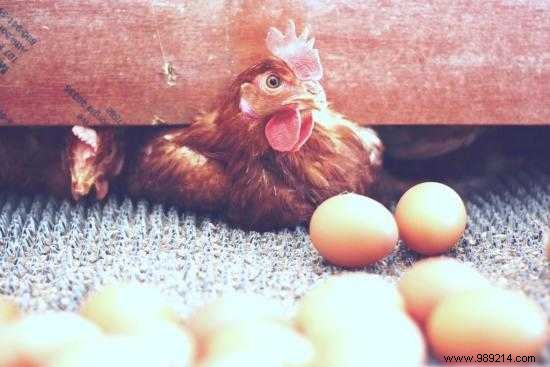
As recently highlighted by the mayor of the municipality of Barsac, supported by ADEME, chickens are precious allies in the ecological treatment of household waste.
So, rather than ending up in a trash can and then landfill, meal leftovers , culinary preparations, eggshells and shellfish, accompanied by a few seeds or hay and worms, make it possible tofeed the animals .
For successful breeding worthy of the name, you need space, time to dedicate to your animals and equipment.
Hens do not lay when they are stressed, they need attention, enough water, to be sheltered from the wind and bad weather, and of course to have a minimum space to evolve freely.
Having the contact details of a specialized veterinarian can be useful.
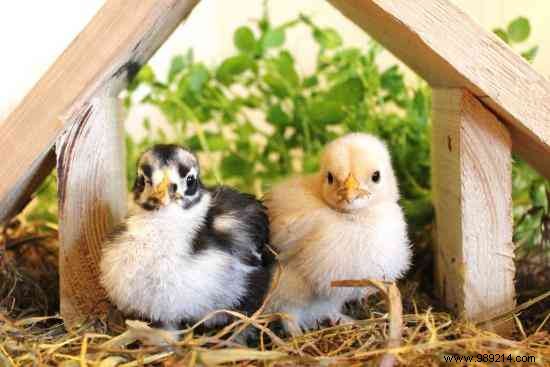
If you only have a short time to give them, or if you have no affinity with animals, the experience may not lead to the expected result. The same is true if cleaning the droppings puts you off.
It is also necessary to have a minimum of space , at least a small garden or a large terrace, for the installation of the chicken coop and so that the cocottes can exercise at their ease and sheltered from predators and bad weather.
Unless you're handy enough to make a safe enclosure (the Internet is full of tutorials), DIY stores, garden centers and pet stores have a wide variety of offers.
-> The chicken coop :on average, for 2 to 3 hens, count between 150 and 200 € for a chicken coop, this figure obviously changing with the number of animals accommodated. It is estimated that it takes about 1.50 m² for 3 hens (if they can go out and walk during the day).
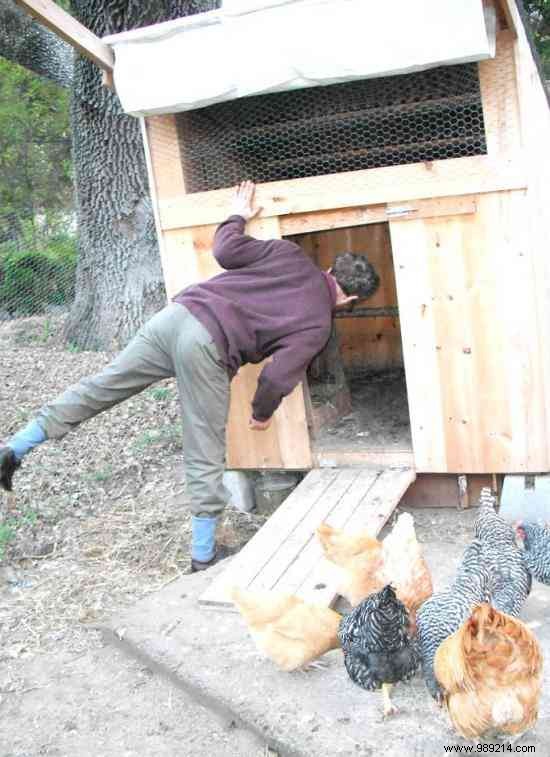
-> The accessories :feeder, waterer, dummy eggs to encourage laying, specialized light bulbs...
-> The perches :hens like to sleep high up, the chicken coop should have perches.
-> And finally, the chickens :markets, farmers, garden centres... there are many places where you can find chickens. In general, an adult hen costs €10 to €15 each . You can opt for chicks if you are not in a rush.
Hens not tolerating loneliness , it is better to plan for multiple adoption. Red, Ardennes and Alsatian hens are known to be excellent layers.